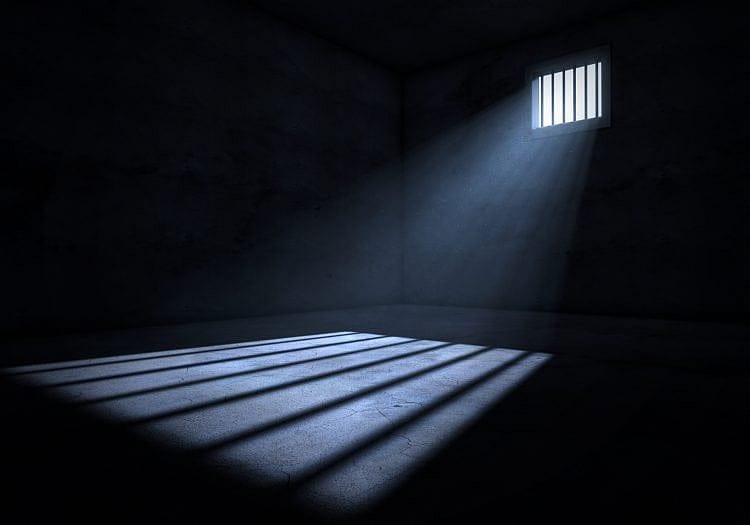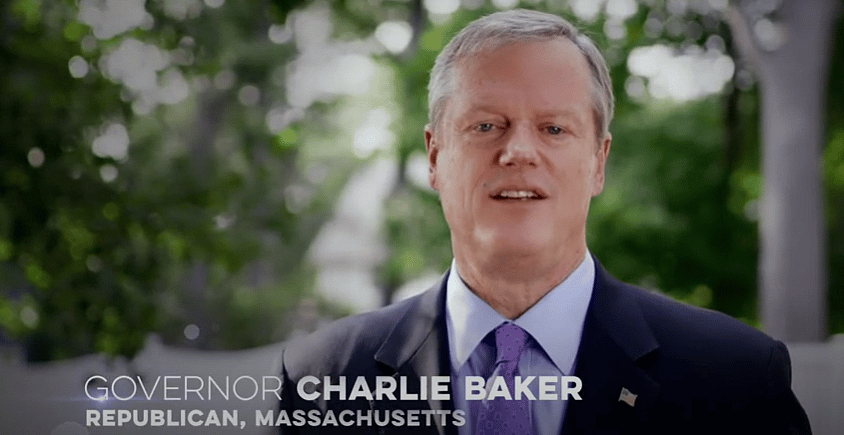News

Boston City Council Signals Support For Giving Incarcerated Felons Right To Vote

Boston city councilors have signaled their support for a ballot initiative allowing prisoners convicted of felonies in Massachusetts to vote.
Roughly 8,000 prisoners in Massachusetts are prohibited from voting due to a 2000 ballot initiative that amended the Massachusetts Constitution.

